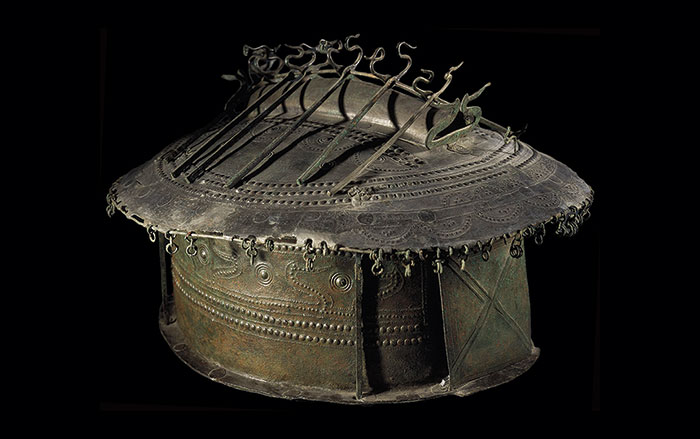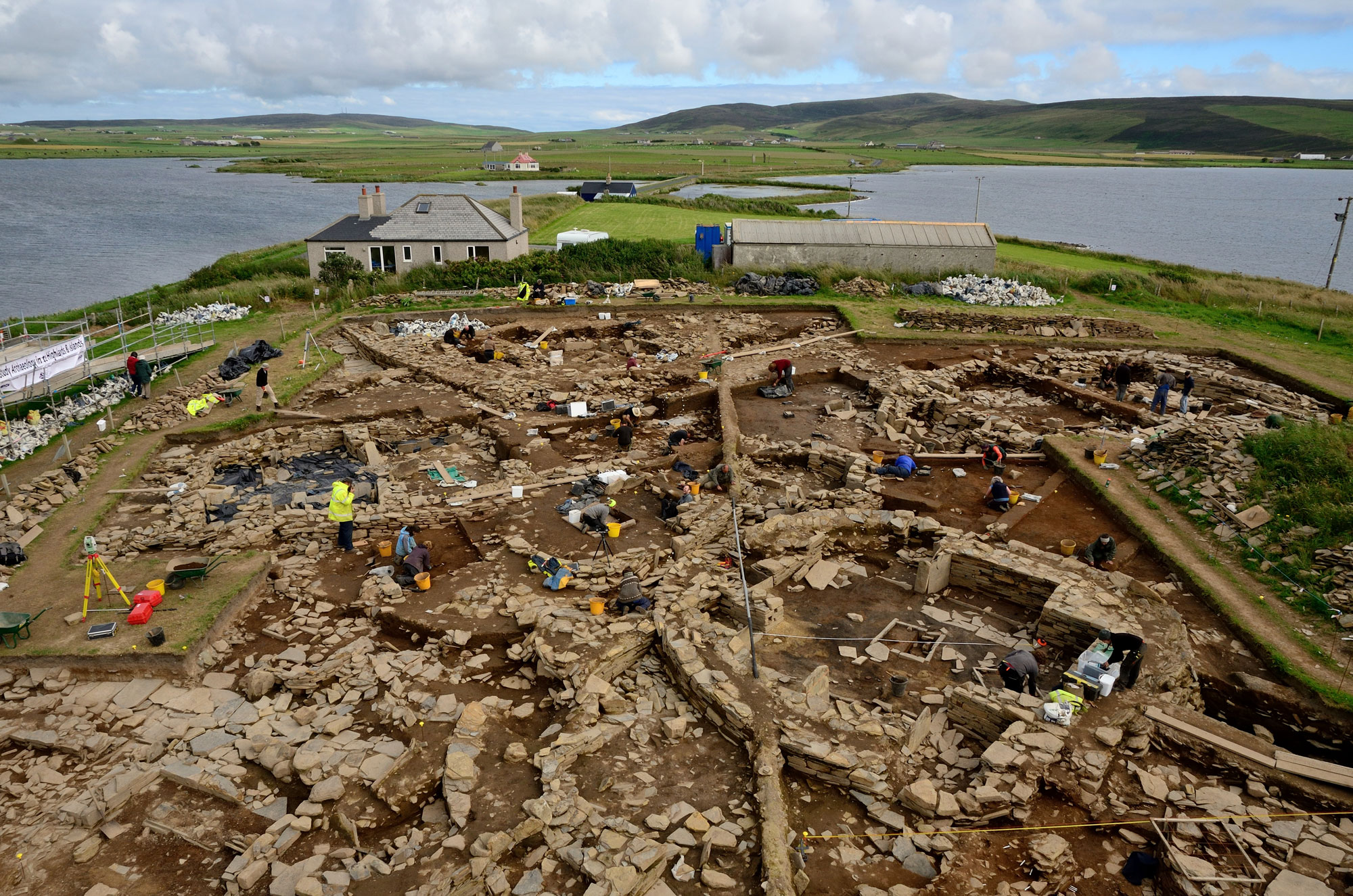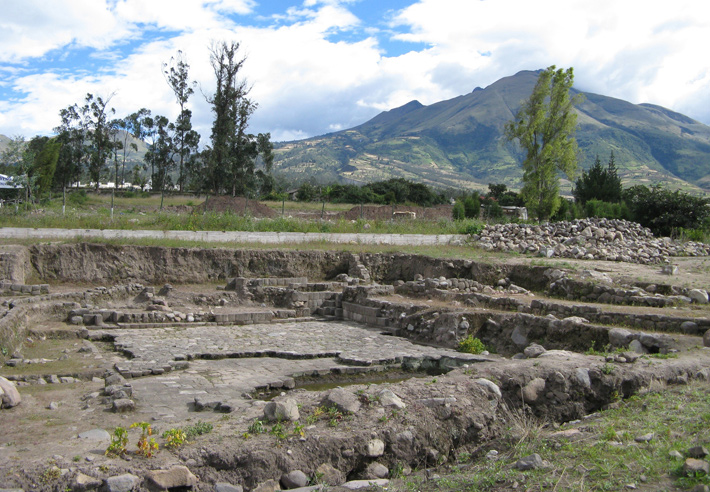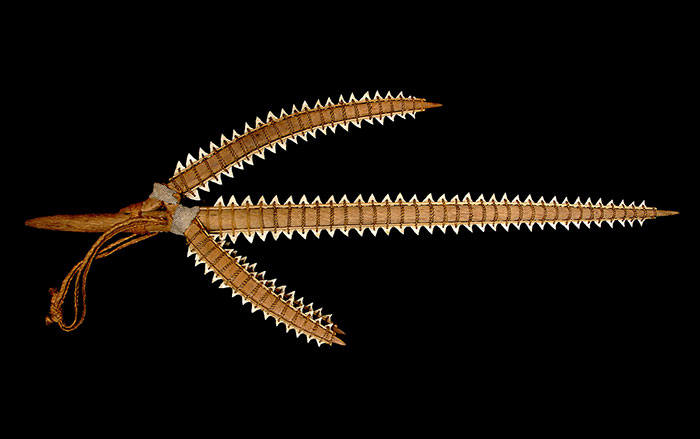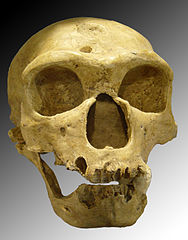
OXFORD, ENGLAND—New radiocarbon dates for Neanderthals fossils from southern Spain, an area thought to have been a last Neanderthal homeland, suggest that these human cousins may have died out 10,000 to 15,000 years earlier than previously thought. “What our research contributes is that in southern Spain, Neanderthals don’t hang on for another 4,000 years compared with the rest of Europe. And the hunch must be that they go extinct in the south of Spain at the same time as everywhere else,” said Thomas Higham of the University of Oxford and a member of the international team that conducted the research. The new dates were obtained using a technique called “ultrafiltration,” which washes out modern carbon contaminants and degraded ancient molecules. If accurate, the earlier extinction indicates that modern humans and Neanderthals did not co-exist in southern Iberia.





